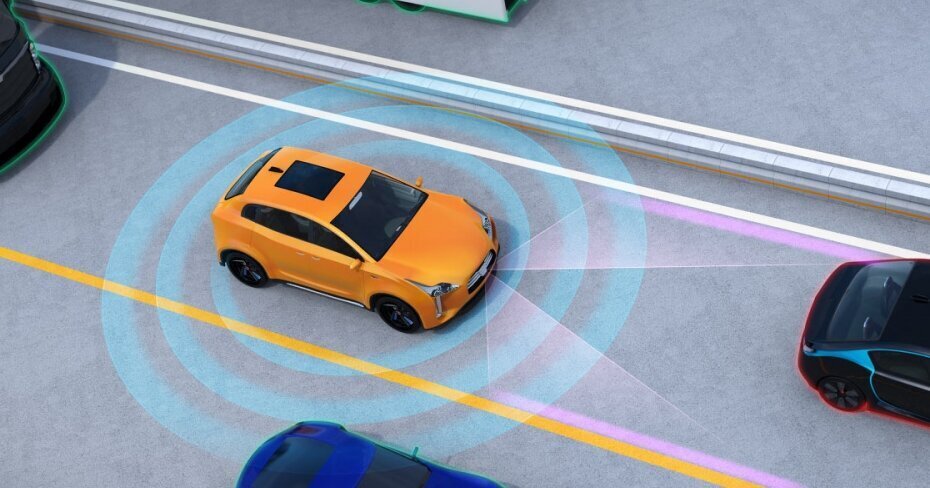Are new car technologies going to make your insurance rates cheaper?
By: Dominic Licorish on January 6, 2017
Automatic braking, lane departure warning, active cruise control, rear and side view cameras, parking assistance — the list goes on and on. Everywhere you look, carmakers are loading their vehicles with a slew of technologies that are making them safer than ever to drive.
Recently, Aviva Canada became the first Canadian insurer to start offering a discount for one of those technologies: the company announced it would give owners who have automatic emergency brake systems a 15% discount.
At time of writing, no other insurer offers a discount of this kind. And no other safety features right now will get you an insurance discount. However with technology continuously improving car safety, that doesn’t mean it won’t happen in the future.
Jason Storah, executive vice president of broker distribution at Aviva Canada, told us that the company’s strategy “is to move insurance from protection to prevention … [W]e’re exploring other opportunities where other safety features might result in a discount on premiums. Stay tuned.”
The cheapest vehicles to insure are still older, unpopular vehicles that don’t incur as many expenses to the insurance company. So when will insurance rates for new cars with safety benefits become cheaper than an old beater? We take an in-depth look at the issue below.
Insurers are still studying the benefits of new car safety technologies
It may seem like other technologies such as lane departure checks and blind spot warnings might also deserve similar discounts, but unlike automatic emergency braking, other safety features haven’t received a seal of approval from the Insurance Institute for Highway Safety.
IIHS Research shows automatic braking systems reduce rear-end crashes by 40%, which is why the U.S. Department of Transportation is making it a mandatory feature on all new cars by 2022.
Despite appealing to drivers who want to feel safe, other autonomous safety features don’t seem to have significant impact on collision and injury rates — or at least, the studies aren’t out yet that would show their impact.
Driverless cars could be the next big discount
Driverless technology — that’s cars that can drive themselves — could be the next technological leap that changes insurance premiums. Storah says that’s still a ways off, but insurers are paying attention.
“It’s too early to say for sure, but we do expect that the nature of insurance risks and claims frequency will evolve as we see the emergence of new technology and autonomous/unmanned vehicles,” he says.
“We're focusing on what this will mean for our customers in future and we’re excited to see what automakers will offer in a few years,” Storah adds. “If fully autonomous vehicles become available in the future, we’re committed to supporting our customers accordingly.”
With the automatic emergency braking system, collisions can be prevented, or their severity reduced. This means less repair costs and more importantly, fewer injuries.
Despite the sophistication of its self-driving features, driverless cars such as Tesla’s Autopilot technology has not proven infallible, and other self-driving systems have also had small hiccups during their years of testing. It’s understandable that fully driverless technology isn’t ready for the consumer market just yet, but insurance discounts could convince people to invest in safer cars with this technology.
Investing in car safety technology pays in more ways than just cheaper premiums
It may cost more upfront, but reducing rear-end collisions will be a big deal, considering they are one of the most common types of collisions that occur. Reduced collisions would lead to insurance companies being able to reduce premiums for everyone.
That being said, owners will still have to wait for more discounts to emerge for car technology. Right now, 15% from Aviva is as good as it gets, and buying an AEB-equipped car is pricey — they retail for $20,00,0 at a minimum.
Still, it’s possible we’re not too far off from a time when car technologies like lane departure warnings help drastically reduce the amount of accidents on the road — leading to even more insurance discounts. At that point, the cost savings on the insurance side might make investing in such features a no-brainer.


